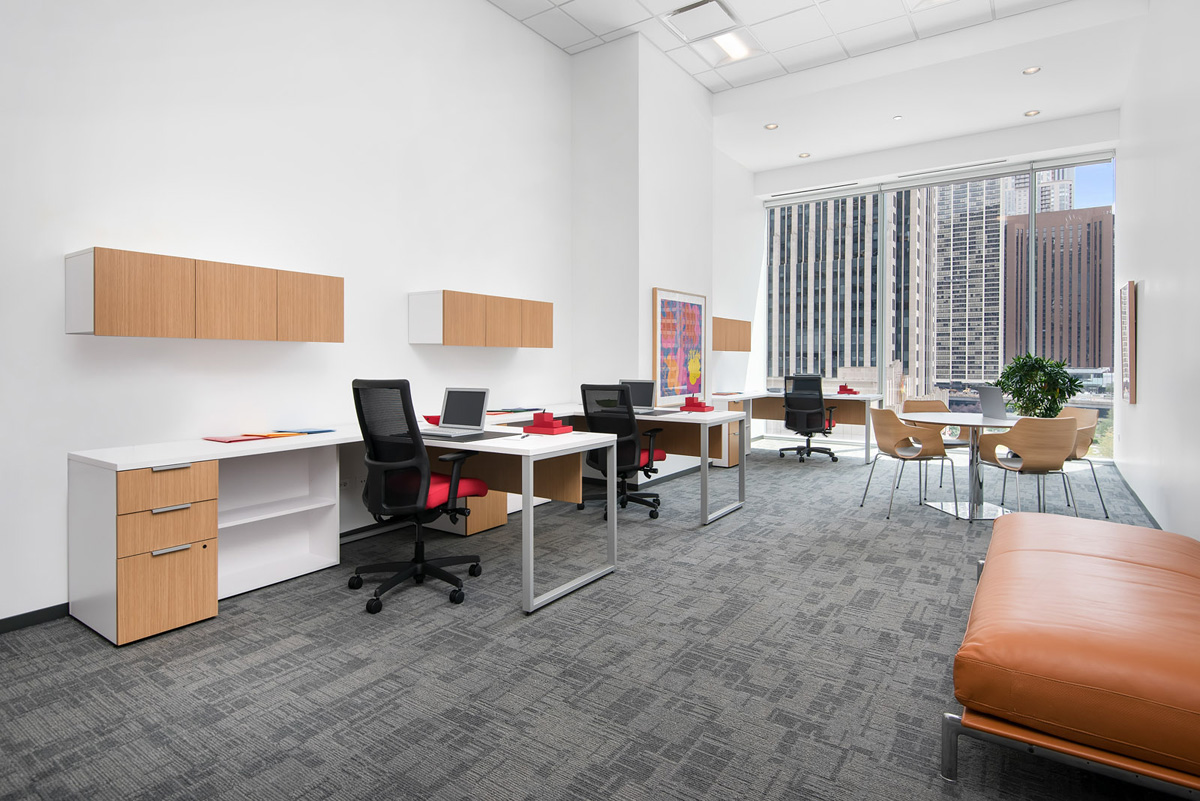Over the past six months, COVID-19 has both exacerbated the preexisting housing crisis and created an unexpected glut of empty offices. Back in August, Moody’s Analytics reported that “national vacancies [in commercial real estate] will rise past historic highs within the next few years,” with the vacancy rate hitting a whopping 19.9% in 2021.
So the million-dollar question is: Can vacancies in the commercial and hospitality sectors be leveraged for other needs?
Smaller-scale changes have begun to take shape, too: In the Streeterville neighborhood of Chicago, the owner of the 57-story Optima Signature tower, which is primarily residential with commercial suites typically used as coworking spaces, has converted some of the building’s office space into classrooms for learning pods to use during the pandemic. The “micro-schools” will have Wi-Fi and regular cleanings, and are available to non-residents.
Read the full feature on Dwell
Visit Optima Signature for more details

